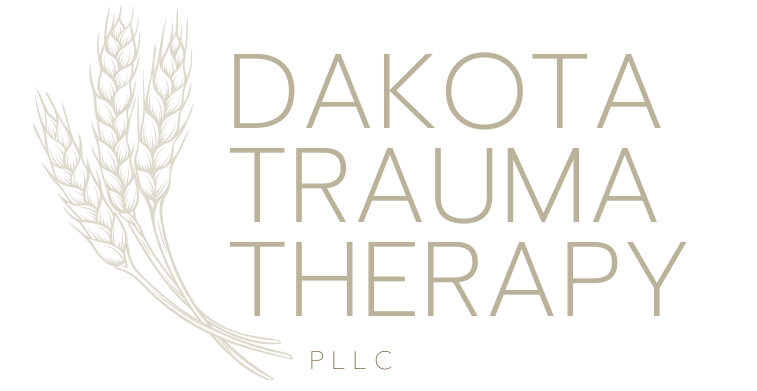Psychotherapy Services in Bismarck, ND
In-Clinic Sessions
In-person sessions are available by appointment on Monday, Wednesday and Friday between 8:30AM – 5:00PM.
Remote Sessions
Remote sessions are not currently available.
Psychotherapy Treatment Specialties
Anxiety
Depression
Fear Reduction
Craving Control
Self-Worth Boosting
Desensitizing Trauma
Common Questions About Our Psychotherapy Services
Eye Movement Desensitization and Reprocessing (EMDR) therapy works by bilateral stimulation of the hemispheres of the brain. Simply put when you move your eyes to the right, the left side of your brain is activated and when you move your eyes to the left the right side of your brain is stimulated. The rapid eye movement in EMDR therapy tends to create a sense of relaxation often, while focusing on formerly traumatic, fearsome or otherwise bothersome life experience. EMDR therapy is not hypnosis and does not erase memories, it simply usually dramatically reduces the upset related to such memories and aids adjustment and confidence. You will also be provided practice with simple strategies you can use to improve your responses to current and future stressors.
The first meeting consists of a clinical interview, which is scheduled for one hour and often takes less time. Subsequent sessions are typically scheduled for 45 minutes and occasionally may be shorter if indicated.
Yes. You may want to check with your insurance company as to whether they will cover your sessions with Dr. Brooks. The two codes he will likely be billing include 90791 for the first appointment (Psychiatric Diagnostic Interview) and for ongoing treatment sessions 90834 (Psychotherapy-45 Minutes).
Treatment sessions are typically scheduled weekly. However, EMDR therapy effects tend to be resilient and EMDR will work usually work quite well at less frequent intervals, which sometimes occur due to vacations, medical appointments, relocation, etc.
You can select “Request an Appointment” on our website and fill out the subsequent forms. If that method has not been activated, please either send an email to [email protected] or please call 701-415-6745. Be sure to leave a message including your name, date of birth and best contact number. Dr. Brooks typically sees patients between 8:30 AM and 5:00 PM Monday, Wednesday, Friday. First time appointments will be in person.
It is important that you sense some progress and improvement in symptoms to some degree within the first few sessions. Focusing on trauma, fears and/or cravings can be quite uncomfortable and is important the your therapist is able to establish rapport and make you feeling reasonably comfortable much of the time in treatment sessions. Occasionally a person being treated will find a therapist to not be a match in terms of manner, behavior, approach, sense of humor, etc. It is important to let the therapist know if something like that is bothering you and possibly adjustments can be made for you to be more comfortable. Sometimes, it is just best to get referral to another therapist. Your therapist should be very willing to assist you to make such a change if desired or can at least give you a contact number or two so that you can more comfortably search for a better fit.
Dr. Brooks has found that EMDR therapy often produces fairly rapid results. He many times has apparently been able to counteract trauma in about 10 sessions though it may take only 4-5 sessions or could be 15 or more in some cases. There are a few patients that Dr. Brooks has been treating intermittently for years. However, they are generally doing pretty well much of the time and come for an occasional difficult stressor and rarely may have reactivated trauma. EMDR therapy tends to produce rather resilient results. Most often traumatic material that has been desensitized with EMDR therapy does not tend to be very bothersome in the future.
The office address is 311 North Mandan Street, Suite 1, Bismarck ND 58501. We are located about ½ block south of Rosser Avenue, about one block east of Washington Street.
Information discussed is completely confidential with a few exceptions. If you sign a release of information and give permission to provide someone else treatment information, then they will have the ability to obtain records and talk with Dr. Brooks, depending on what you decide is allowable in your release of information form. Also, in the unlikely event that there is a court order to release the information, that will be complied with. Moreover, if you are seen to be at high risk to hurt yourself or someone else at some point, then information about your self-harm could be released and a potential specific victim would be informed.
